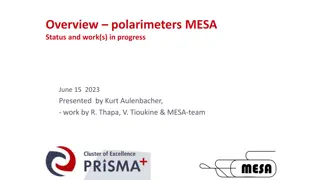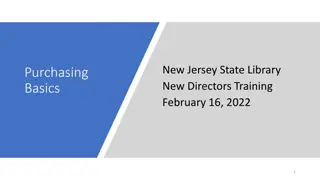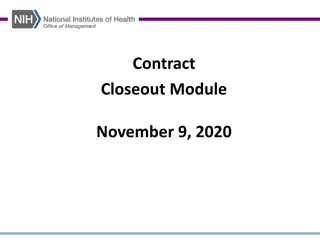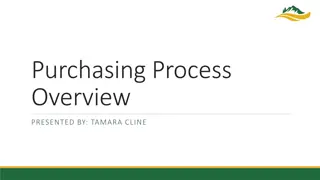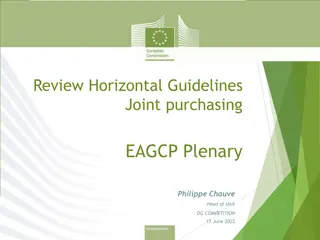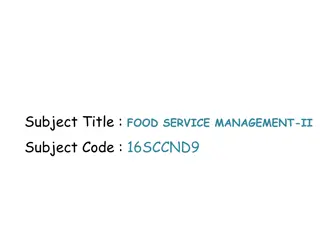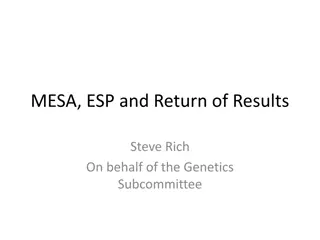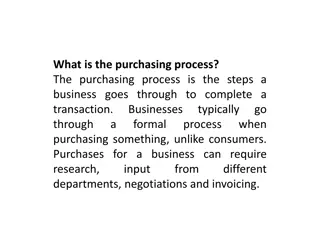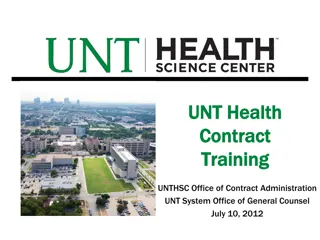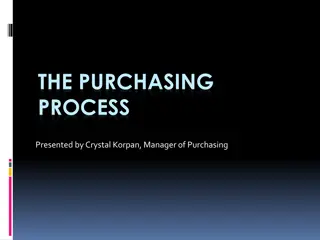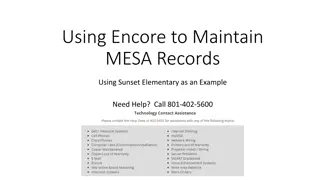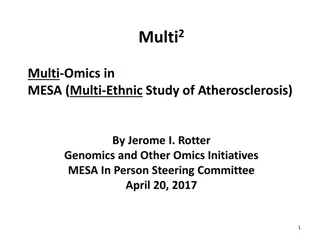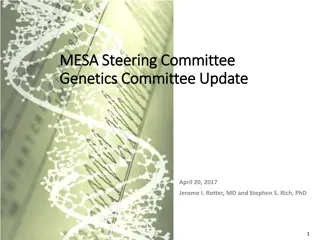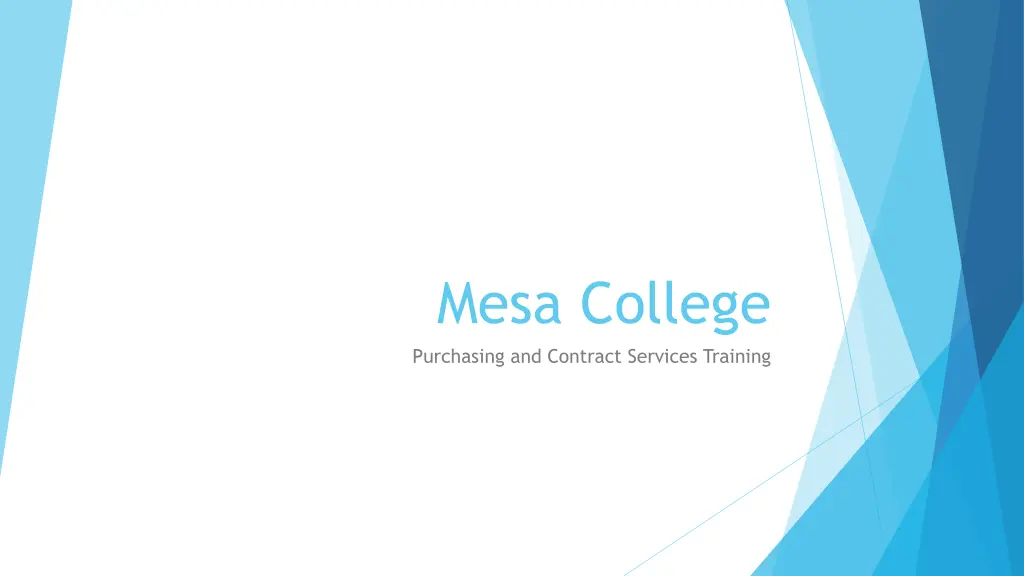
Understanding Mesa College Purchasing and Contract Services Guidelines
Learn about Mesa College's purchasing and contract services guidelines, including policies, laws, purchasing processes, and insurance coverage requirements. Discover how to initiate purchase requisitions, navigate the bidding process, and cooperate with suppliers to ensure compliance with legal and regulatory standards.
Download Presentation

Please find below an Image/Link to download the presentation.
The content on the website is provided AS IS for your information and personal use only. It may not be sold, licensed, or shared on other websites without obtaining consent from the author. If you encounter any issues during the download, it is possible that the publisher has removed the file from their server.
You are allowed to download the files provided on this website for personal or commercial use, subject to the condition that they are used lawfully. All files are the property of their respective owners.
The content on the website is provided AS IS for your information and personal use only. It may not be sold, licensed, or shared on other websites without obtaining consent from the author.
E N D
Presentation Transcript
Mesa College Purchasing and Contract Services Training
District Policies, Laws and Regulations Behind Purchasing Board policy 6330 and Education Code 81656 delegates Purchasing & Contract Services, by the Chancellor, the authority to purchase supplies, materials, apparatus, equipment and services as necessary to the legal and efficient operation of the District, and enter into Contracts on behalf of the District. Only these designees are authorized to commit funds in the name of the District. All approved purchases shall comply with District, state and federal policies and regulations including public bidding requirements and conflict of interest laws.
How Does Purchasing Work? Purchasing and Contract Services will support and enhance the education of students by purchasing goods and services requested by the District staff based upon an impartial, open, competitive vendor selection process that complies with applicable laws and District policies and achieves the lowest available acquisition cost consistent with the specified features, functions, quantity, quality, level of service, and required delivery time.
What do the policies include? Purchase Requisitions: a formal request for goods and/or services as needed. When approved in PeopleSoft, the purchase requisition is now an authorization to charge the budget that is listed and order the items requested. The supplier listed is a suggestion. Purchasing has the ability to change suppliers if it is known another supplier can offer the same goods and/or services. Multiple quotes are needed if the price exceeds $10,000 for any order that is not covered by a current District Bid or Cooperative agreement. Purchasing Process: Supplier > Quote & Budget > Purchase Requisition Entry > Workflow Approval > Purchase Order Created & issued to Supplier > Goods/Services Received via Distribution Center > Invoices sent to District Accounts Payable (apinvoice@sdccd.edu) > Invoice is vouchered in PeopleSoft > Voucher is processed for Payment Insurance coverage is part of the District s risk management strategy. Suppliers are required to carry minimum coverage for their business or their events if they are coming on any District property. The District must be listed on the COI and the District address must be included, not the campus address.
Bids, Quotes and Cooperative Agreements When are they needed? If the good and/or service exceed $109,300, including tax, shipping and installation if applicable, a bid process may be necessary. Contact the Purchasing and Contract Services Office if there is a question as to what the policy is. Please note that the bid process can take up to eight (8) weeks to complete. Per Public Contract Code 20116, it is unlawful to split or separate into smaller work orders or projects any work, project, service or purchase for the purpose of evading the articles under PCC 20116.
Advanced payments (pre-payments) Advanced payment requisitions are not authorized under The California Constitution, Article XVI, 6, prohibits gifts of public funds. An advance payment or pre-payment is considered a gift of public funds since the organization has received no benefit and the subsequent receipt of goods/services cannot be guaranteed. Equipment and supplies are not authorized for advanced payments. If necessary, advanced payments are only to be used for items such as memberships, subscription renewals, and honorariums that exceed $5,000.00. Attach to line one a copy of the renewal notice, etc. to provide back up for the request. Once the PO is issued, the requestor must send the invoice to Accounts Payable in order for the payment to be processed. Please make sure the line on the purchase requisition reads advanced payment to the Buyer assigned is aware of the order. If the total cost is under $5,000.00, a Payment Request may be entered. Items that may be processed with a Payment Request include: Subscriptions Non-Software Licensing Membership Fees Sponsorships/Advertising Honorarium one time lecturers Fees for Student Fairs/Outreach/Local promos Deposits for events which meet the above criteria.
District Agreements All District Agreements must be fully executed (meaning signed off in Purchasing & Contract Services) BEFORE the contract start date. If you contract with a supplier and we find out they have been suspended or debarred by the Federal Government, and the funding source being used is a federal fund, the supplier cannot be paid.
Signature Authority Who has it? For all District agreements related to Purchasing & Contract Services, the Manager of Business Services, Associate Vice Chancellor of Fiscal and Business Services, or the Vice Chancellor of Fiscal and Business Services have authority to contract the District, legally.
Emergency Orders Emergency as defined by Public Contract Code 20654, means a sudden, unexpected occurrence that poses a clear and imminent danger, requiring immediate action to prevent or mitigate the loss or impairment of life, health, property, or essential public services. These orders need to be identified with the assigned Procurement Specialist so that they can be properly processed. Please note that emergency purchases are not valid for urgencies resulting from lack of planning and organization. If there is an emergency need, emergency PO s can only be authorized by the District s Purchasing and Contracts team.

